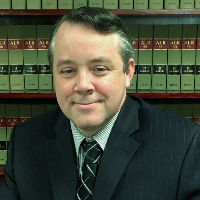Hazel Green Estate Lawyer, Alabama
Shannon Matthew Moore
✓ VERIFIEDEstate Planning, Divorce, Personal Injury, Criminal, Mass Torts
We are dedicated to maximizing results for our clients!
Shannon Moore was born in Huntsville, Alabama. He is a graduate of Grissom High School and he received his undergraduate degree from the University of... (more)
FREE CONSULTATION
CONTACTFREE CONSULTATION
CONTACTBrent E. Hieronymi
Real Estate, Estate, Business Organization, Divorce & Family Law, Bankruptcy
Status: In Good Standing
Paul W. Frederick
Mental Health, Wills & Probate, Estate Planning, Business Organization
Status: In Good Standing
Cynthia K. Thompson
Education, Estate Administration, Estate Planning, Business Organization
Status: In Good Standing Licensed: 38 Years
Elizabeth Quisenberry Wirtz
Reorganization, Elder Law, Family Law, Trusts
Status: In Good Standing Licensed: 19 Years
Carolyn Raquel Johnson
Wills, Trusts, Family Law, Divorce
Status: In Good Standing Licensed: 28 Years


